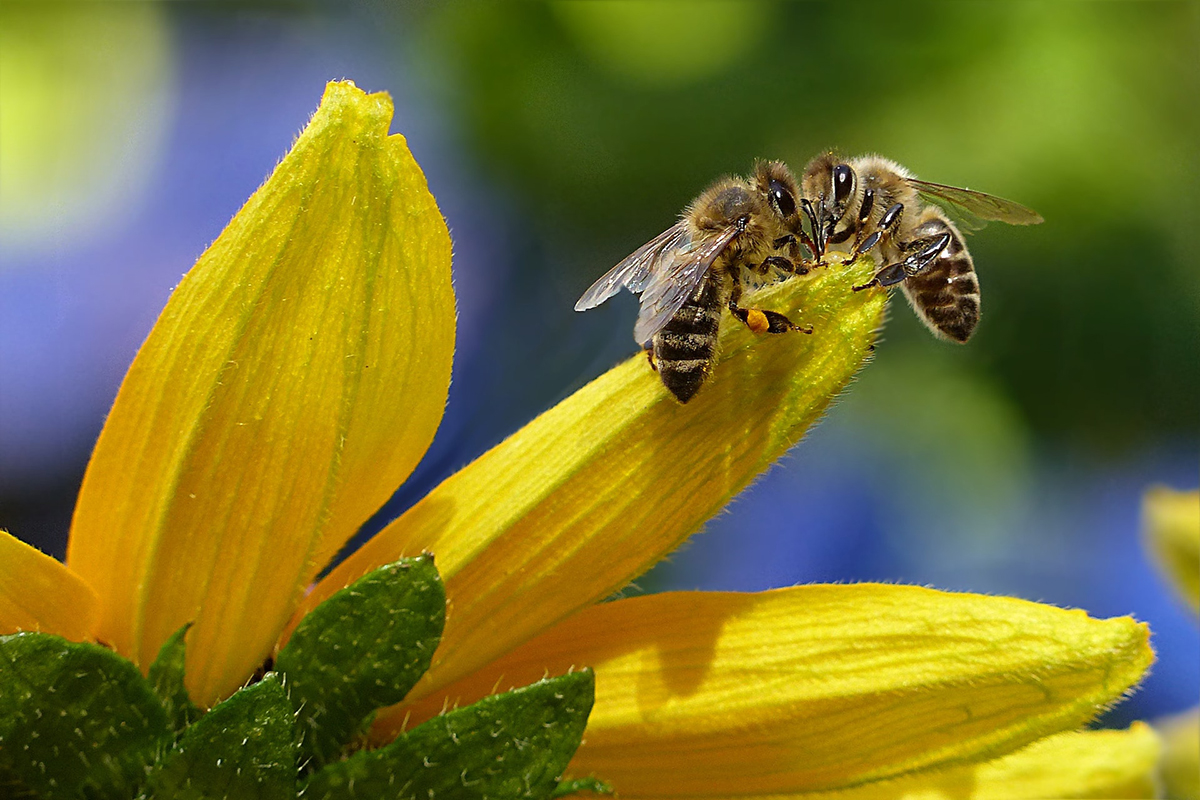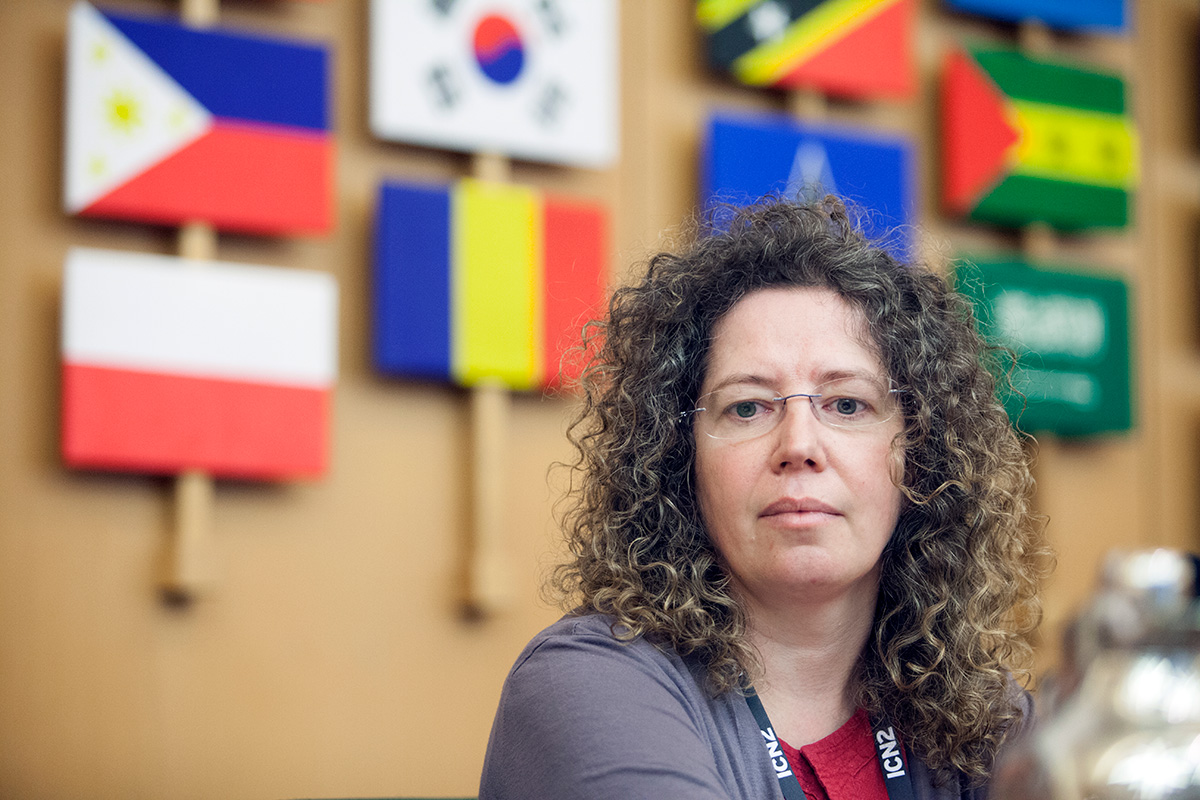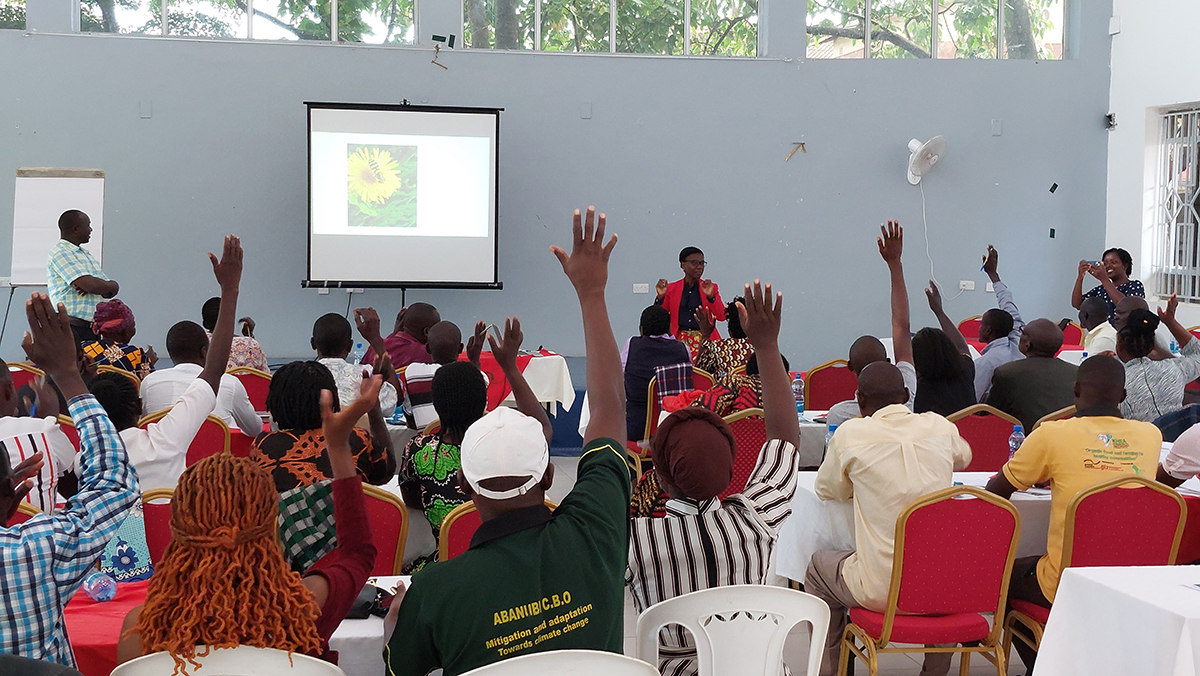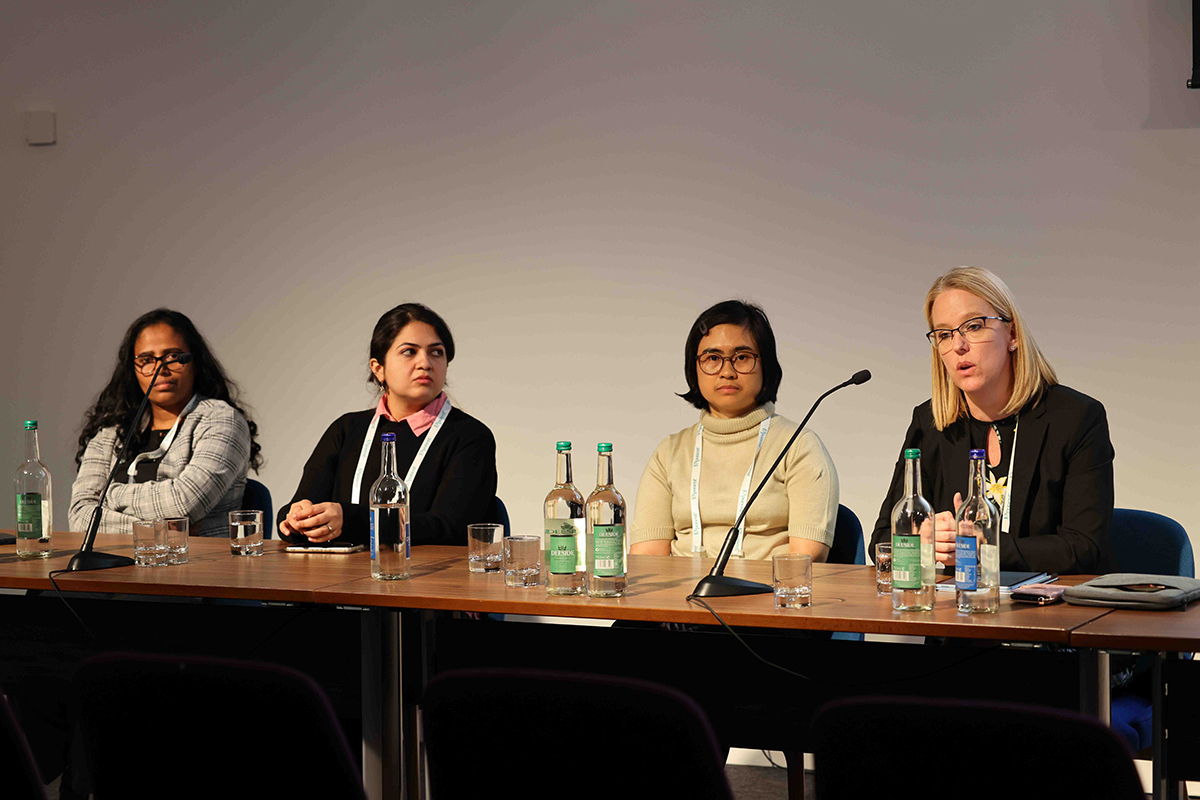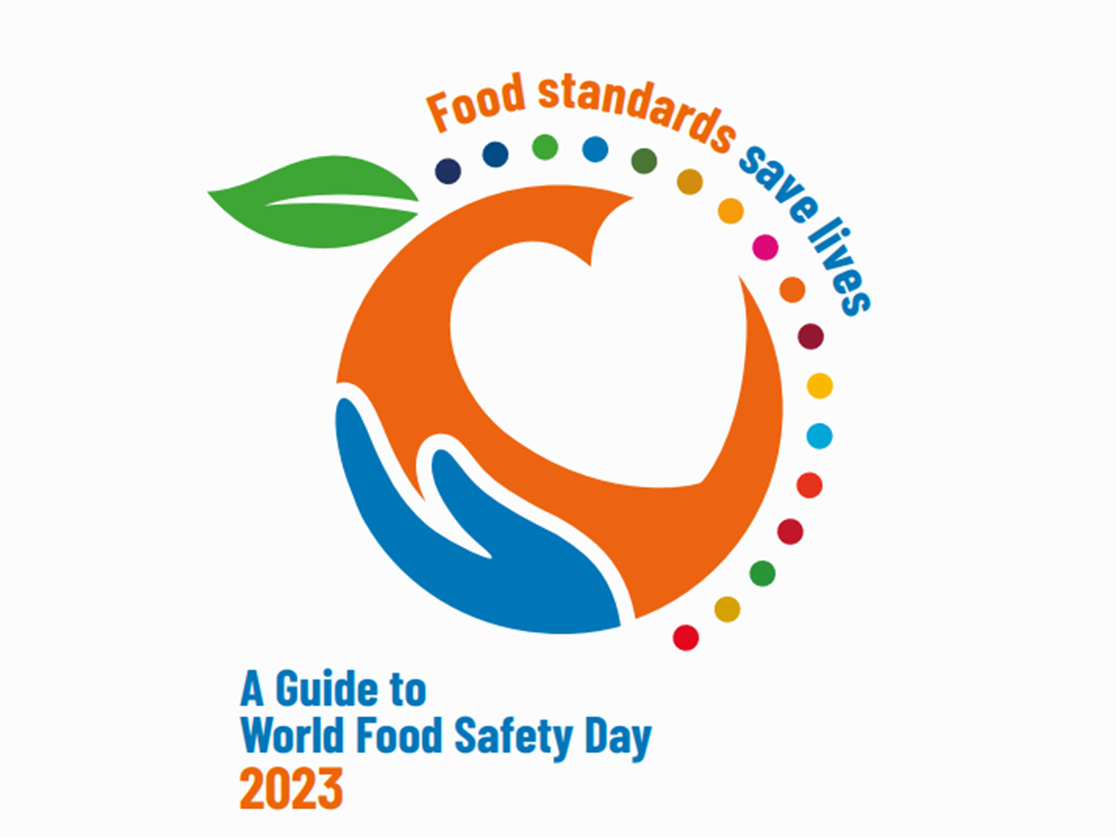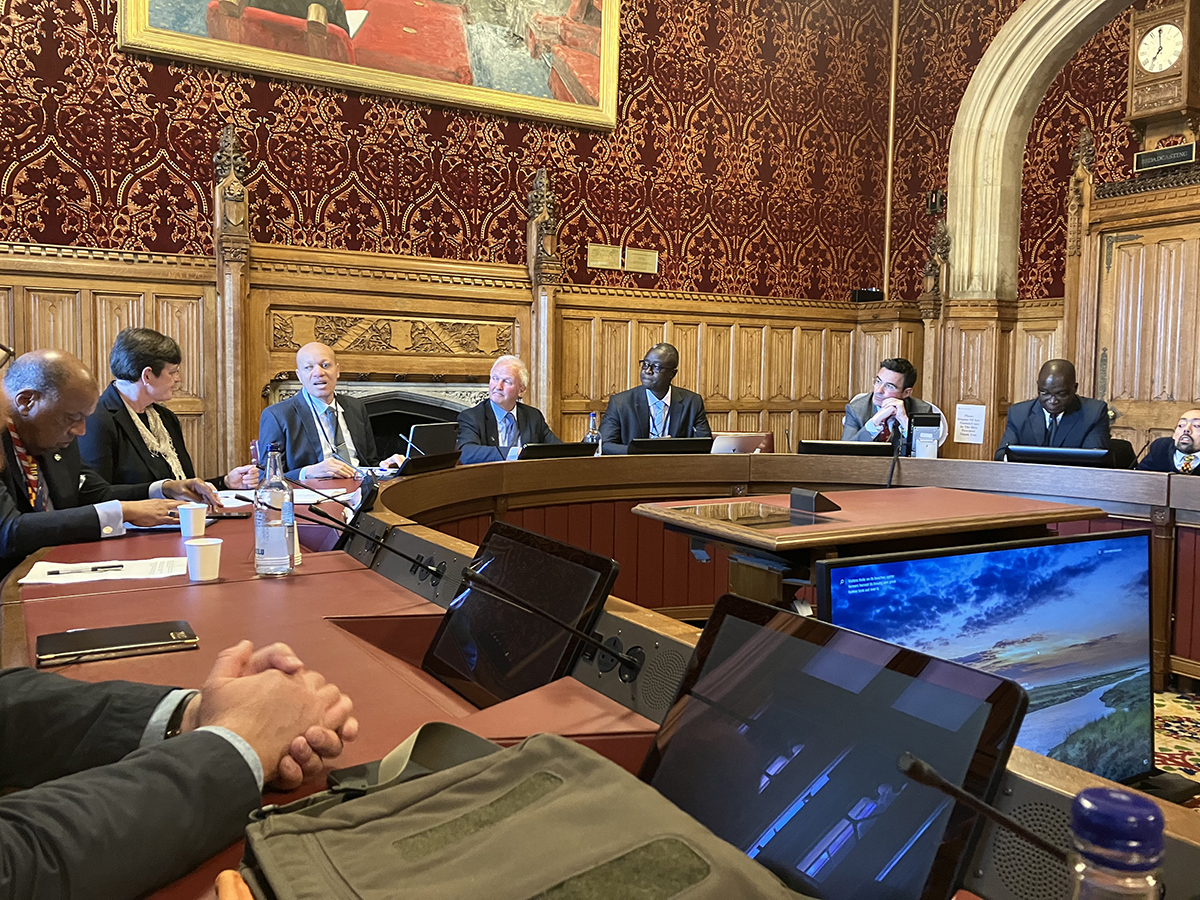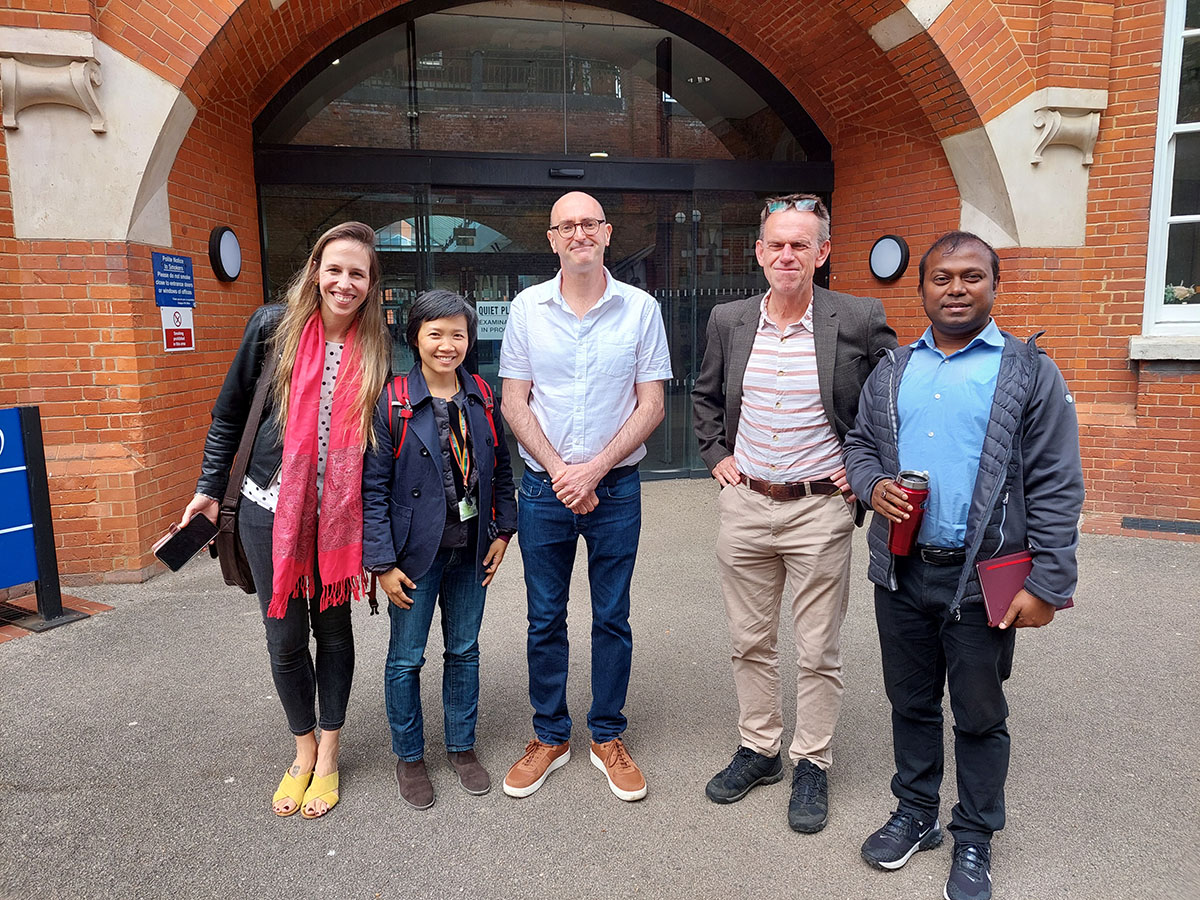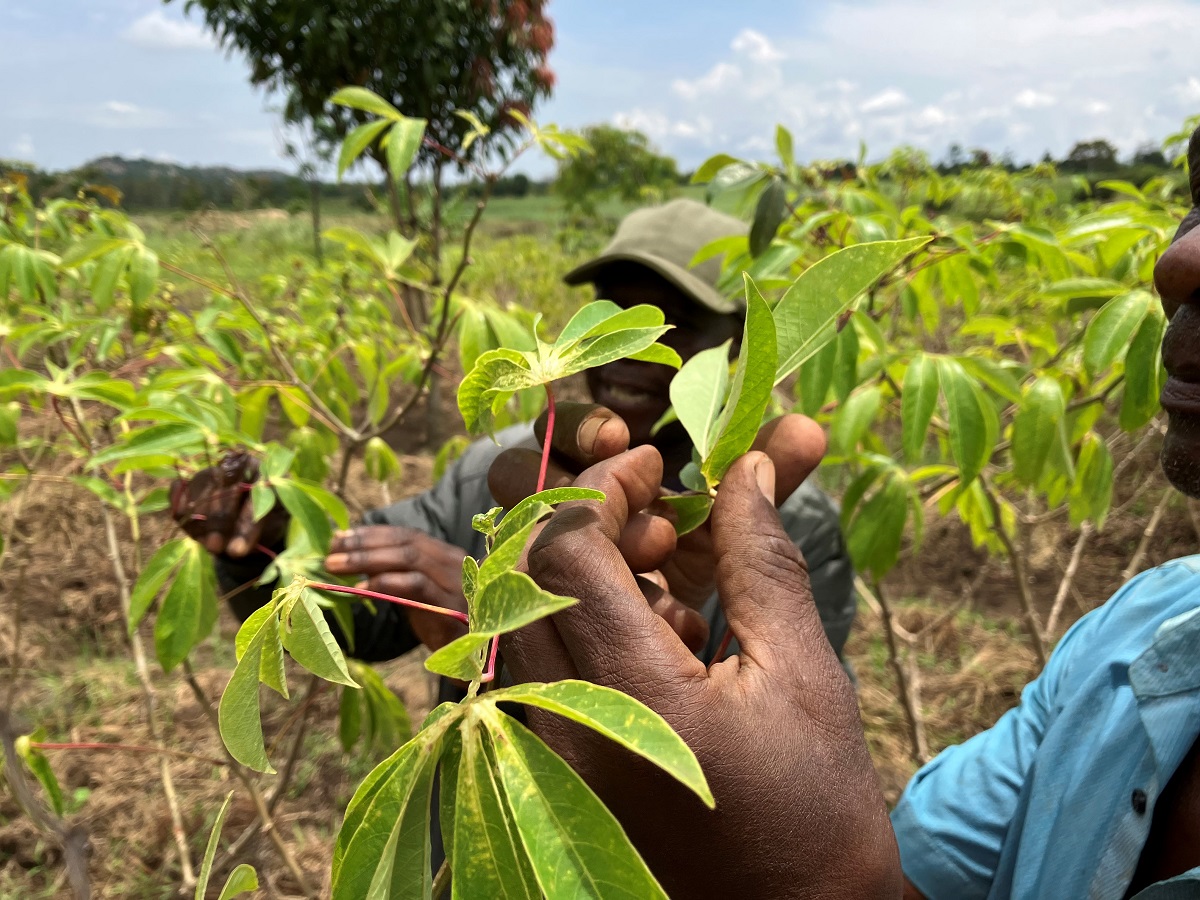News - 2023
NRI was abuzz as the Natural Resources Institute Postgraduate Society (NRIPS), a student-led group, held its 7th annual symposium. Forty-two students at various stages of their PhD studies joined their supervisors, research peers and other...
Insects play crucial roles for UK food security, including pollination and pest or weed control. However, there has been increasing published evidence of insect declines in the UK and globally over the past decade, with significant implications for...
NRI is delighted to congratulate Prof. Delia Grace who has been appointed to the High-Level Panel of experts on Food Security and Nutrition (HLPE-FSN) of the Committee on World Food Security (CFS). The HLPE is the United Nations body for assessing...
The Lagos Chapter of the Nigerian Institute of Food Science and Technology (NIFST) celebrated their 9th Regional Food Science and Technology Summit: Repositioning Nigerian Food for Global Market Accessibility from 5-8 June 2023, at the NECA House...
Agroecology is gaining momentum as a widely advocated model for sustainable food systems transformation, especially in the developing world. This is because it embraces diverse sources of knowledge, promotes ecosystem health and provides...
Promoting food safety through consumer awareness, is an important strategy to increase the health and wellbeing of the global population. With this in mind, and as part of the Growing Kent and Medway’s business innovation voucher project, NRI’s Dr...
This year NRI participated in the European Symposium of the International Association of Food Protection (IAFP) which was held in Aberdeen, Scotland from May 3 – 5, 2023. The IAFP is the international association for professionals within the field...
This year sees the fifth World Food Safety Day (WFSD) take place on 7 June 2023. Organised by the World Health Organisation and the Food and Agriculture Organisation of the United Nations, the aim is to ‘draw attention and inspire action to help...
Urgent policy action is necessary if several African countries are to achieve the targets of the Malabo Declaration on African Agriculture. Recognising this, the Natural Resources Institute (NRI) organised a discussion forum to deliberate on...
As part of the Transformative Change for Sustainable Development Seminar Series, NRI was pleased to welcome Professor Andy Sumner of King’s College London to present his research, which critically examines global poverty and inequality assessment.
The Natural Resources Institute (NRI) of the University of Greenwich, has been awarded the ISO 27001:2013 certificate for its management of information security, marking a significant milestone in the Institute's and the University’s commitment to...
One of NRI’s flagship projects has won new and important funding to take it up to December 2023. The African Cassava Whitefly Project (ACWP) was formed in 2015 to increase the productivity of cassava, a nutritious root crop, and reduce food...



